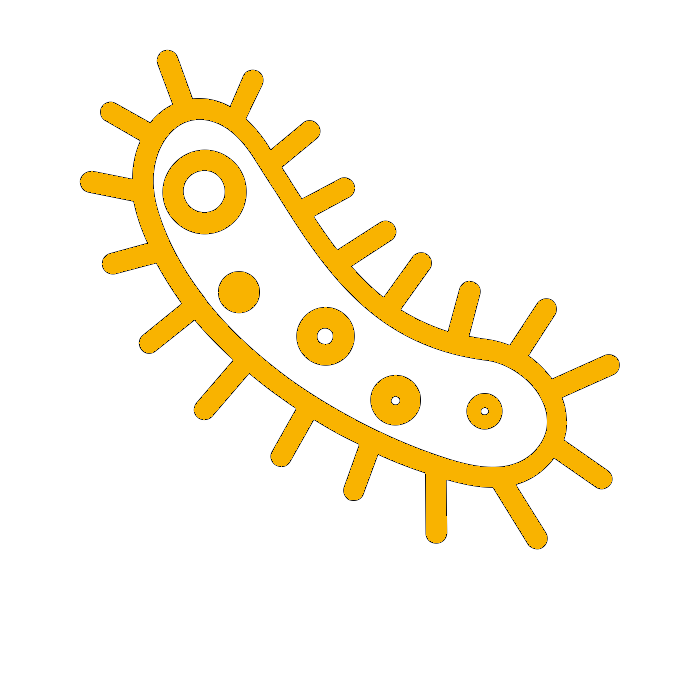Phelix goals
Phelix studies chronic infections and bacteriophages. Our first development will allow a diagnostic method, prevention methods and innovative treatments for Lyme disease. Our goal is to apply this knowledge to fight infectious diseases suspected of being responsible for the most common neurodegenerative diseases.

Background
With the expansive knowledge from the entire global community of scientists available to us in the form of research papers, we are able to identify current issues in the related field and draw links between particular problems to consider new models of infectious disease.

Research
Currently, we are focussed on supporting research surrounding bacteriophages and their potential uses in chronic infection.
However, we are constantly looking for new ways to understand neurodegenerative diseases.

Development
We are working on developing a new diagnostic method to test for Borrelia spp. in those suspected of carrying the bacteria.
It is a bacteriophage-based test of the patient’s blood or urine, which has improved sensitivity and specificity.





